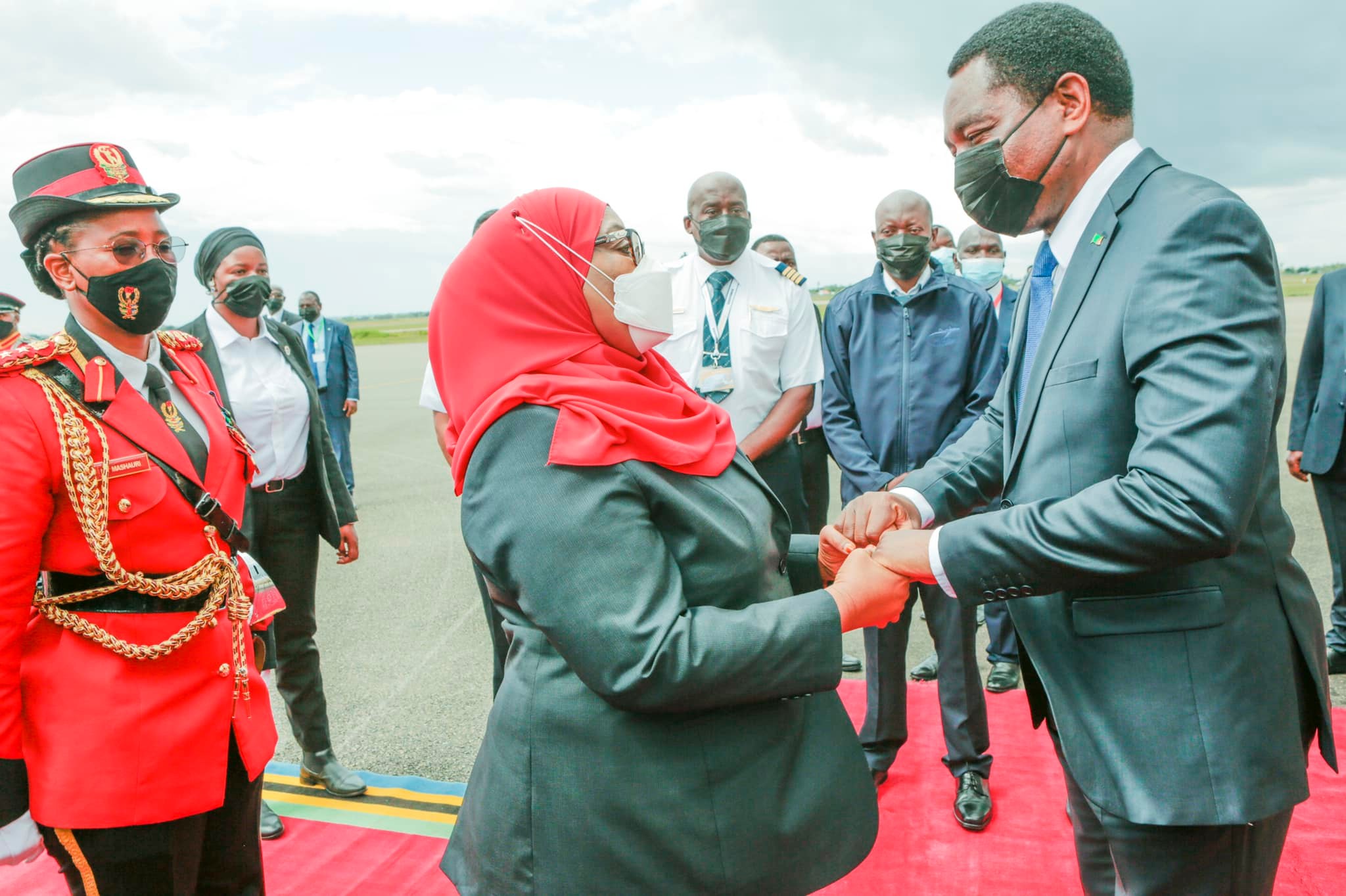Scots teacher says Beijing has seen widespread closures of shops, bars and restaurants, while other venues limit three to a table.
Strict curfews at apartment complexes are also in operation.
The arrival of the virus in the UK was enough to prompt a surge in panic purchasing, leaving many supermarkets without basic supplies such as hand wash.
But according to Chloe, Beijing has avoided such disruption – largely because ordering food and groceries online is the norm.
People are able to use a single payment app – such as Alipay or WeChat – not only to arrange deliveries, but also to order taxis and for online banking.
The same apps also provide daily updates on coronavirus recovery figures.
“China is so far ahead of the UK in terms of technology and convenience,” Chloe said. “You can track the country’s health and see how everyone is doing, it’s reassuring.
“But it’s been a couple of months now and you realise you can’t be in the house all the time – life has to go on.
“People still wear masks but I think people are getting less scared. The subway is getting busier and you see more people out and about which is nice.
“It feels like it’s coming back to life.”
Chloe moved to Beijing to teach English in the private sector in September, four months before the coronavirus outbreak.
Like many others, she was off work during the Lunar New Year, but her school has since remained closed – a consistent issue of concern in Scotland.
Chloe’s employer has instead set up an online video conferencing system which Chloe uses to communicate with students – meaning lessons are possible, but logistically challenging.
She explains how the system means class sizes have been cut in half and encouraging children to focus from afar takes up a great deal of time.
She said: “A class that would have taken me two hours with a 10-minute break is now taking me three hours and 20 minutes.
“I’ve had kids just playing or hiding from the computer – one older kid drew a stick man and stuck it in front of his computer lens.
“It’s just new and can be scary for them and you have to make sure they’re comfortable. At the end of each class you tell each person to stay safe and wash their hands – but I’m not sure how much they’ll understand.
“Their parents are over their shoulders so you end up talking to them more.”
Having detected its first case at the end of February, the UK has now entered the second phase of virus management.
New social distancing measures have been introduced aimed at delaying the peak of the outbreak until the summer.
Meanwhile, China has seen a total of 80,754 confirmed cases and 3,136 deaths – it also recorded its lowest number of new infections, just 19, on Tuesday.
In Beijing, temperature checks are still being carried out on citizens at subways, apartments and restaurants. People who show signs of fever are turned away.
However, this week President Xi Jinping visited the city of Wuhan – the centre of the coronavirus outbreak – sending the message that the situation is under control.
For Chloe, who has managed to avoid the virus, there certainly seems to be light at the end of a rather long tunnel.
She said: “We’re all pretty isolated but I’m allowed to leave my flat, thankfully.




